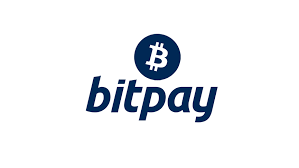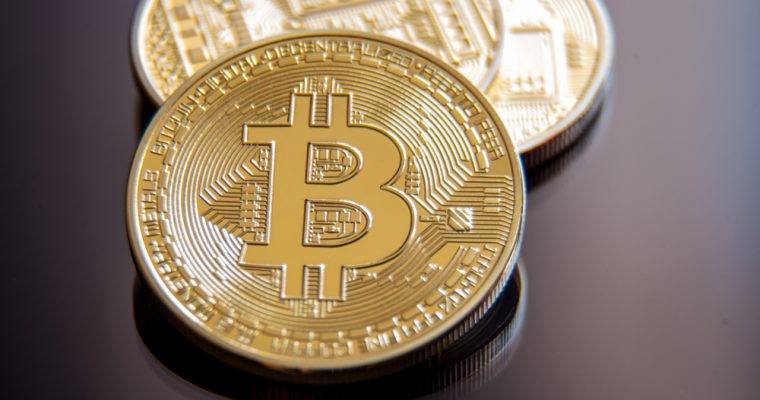Portuguese Consumer Lobby Slams Bank for Blocking Bitcoin Transfers

Apple Reveals New iWatch
December 21, 2017
Kyber Network Strikes A Strategic Partnership With ICON
January 23, 2018The largest consumer lobby of Portugal has criticized a local bank for blocking money transfers to crypto currency exchanges. The Association for Consumer Protection DECO lashed out on Banco Santander Totta S.A for its actions against customers who wished to send money to bitcoin exchanges. The bank is the fourth largest in Portugal.
The consumer lobby’s action followed reports by the bank’s Portuguese customers, who said that the bank was blocking them from participating in the crypto currency market by preventing inter-bank transfers to digital currency exchanges.
The outcry came after a DECO associate unsuccessfully tried to initiate a payment from the bank to a Couinbase account in Estonia. Following the rejection, the bank notified the associate that the transaction was blocked because it involved an “unregulated digital currency.”
According to Banco de Portugal, the Portuguese Central Bank, Portugal lacks a regulatory framework for virtual money exchange platforms. The bank confirmed that it does not have supervisory roles for digital currencies and has therefore not issued any guidelines to banks instructing them to block money transfers to bitcoin accounts.
The Central Bank’s position mirrors that of DECO, which maintains that the bank was acting as a matter of policy with no legal basis to back its actions. DECO confirmed that other commercial banks, including Novo Banco, said they have not received any instructions to Prohibit such operations.
Since its inception in 1974, DECO, a non profit organization has been at the forefront of defending Portuguese customers, attaining a charity status in the process. The association hopes that its position on the bank will compel it to change its stance towards inter-bank transfers involving bitcoin exchanges.
Banco Santander Totta is not the first commercial bank to inhibit bitcoin transactions. Across the globe, commercial banks have tried blocking people from participating in the crypto currency industry by prohibiting bitcoin transactions. Commercial banks in Israel and Australia have in the past initiated similar actions, even as Central Banks in various countries examine the possibility of regulating crypto currencies.
Recently, the Chinese Central Bank intensified its crackdown on crypto currency exchanges on the basis that the digital currencies were “fraudulent”.




